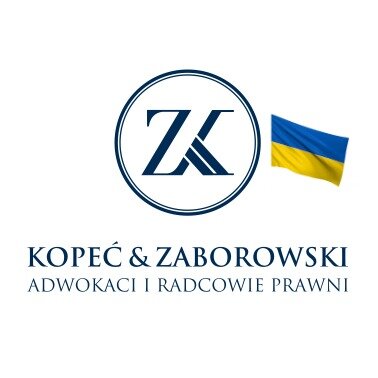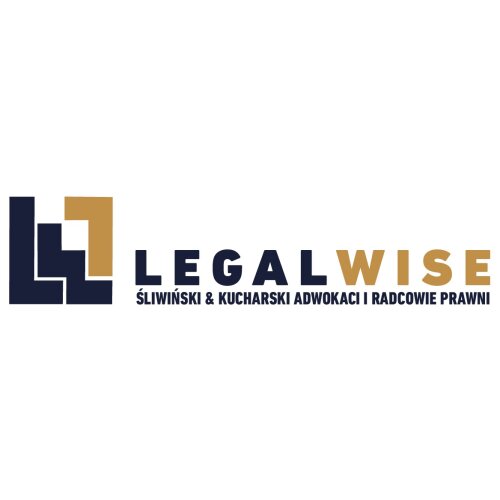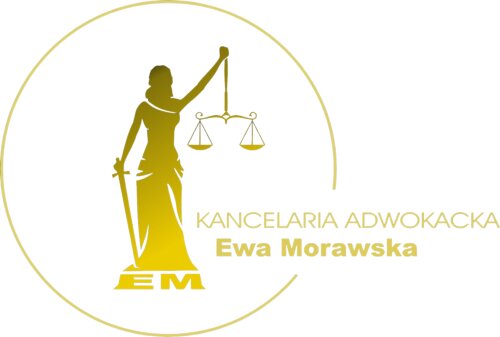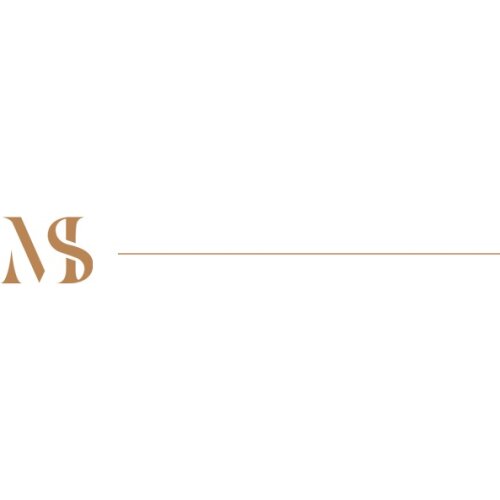Best General Litigation Lawyers in Warsaw
Share your needs with us, get contacted by law firms.
Free. Takes 2 min.
List of the best lawyers in Warsaw, Poland
About Litigation Law in Warsaw, Poland
Litigation law in Warsaw, Poland refers to the legal procedures and rules that govern the resolution of disputes through the judicial system. It includes civil and commercial litigation, administrative litigation, and criminal litigation. Litigation in Warsaw follows a formal legal process and is regulated by both national and local laws.
Why You May Need a Lawyer
There are several situations where you may need a lawyer specializing in litigation. These include:
- If you are involved in a civil or commercial dispute and need legal representation to protect your rights and interests.
- If you are facing criminal charges and require legal advice and representation during the litigation process.
- If you need assistance with administrative litigation, such as appealing government decisions or resolving regulatory issues.
- If you want to initiate a lawsuit or defend yourself against a lawsuit, a lawyer can provide guidance and handle the necessary legal procedures.
- If you need advice on alternative dispute resolution methods, such as mediation or arbitration, which can help settle disputes outside of court.
Local Laws Overview
Laws relevant to litigation in Warsaw, Poland include:
- Code of Civil Procedure: Governs civil litigation procedures, including filing a lawsuit, gathering evidence, conducting hearings, and enforcing court decisions.
- Code of Criminal Procedure: Regulates criminal litigation processes, such as arrests, investigations, trials, and appeals.
- Code of Administrative Procedure: Provides rules for administrative litigation, including challenging administrative decisions, seeking judicial review, and resolving disputes with government authorities.
- Civil Code: Contains general provisions applicable to civil matters, including contractual obligations, torts, and property rights, which often form the basis of civil litigation.
- Constitution of the Republic of Poland: Safeguards fundamental rights and freedoms, establishing the framework within which litigation takes place.
Frequently Asked Questions
1. Can I represent myself in litigation proceedings?
Yes, you have the right to represent yourself in litigation proceedings. However, it is highly recommended to hire a lawyer who can provide legal expertise, navigate complex procedures, and advocate for your best interests.
2. How long does litigation in Warsaw, Poland usually take?
The duration of litigation can vary depending on the complexity of the case, court availability, and other factors. It is challenging to provide an exact timeframe, but litigation processes may take several months to several years.
3. Are there any alternatives to going to court for dispute resolution?
Yes, there are alternative dispute resolution methods available in Warsaw, such as mediation and arbitration. These processes can be voluntary and provide a more efficient and cost-effective way to resolve disputes outside of court.
4. How much will hiring a litigation lawyer in Warsaw, Poland cost?
The cost of hiring a litigation lawyer can vary depending on factors such as the complexity of the case, the lawyer's experience, and the fee structure. It is recommended to discuss fees and payment arrangements with potential lawyers during initial consultations.
5. What happens if I lose a litigation case in Warsaw?
If you lose a litigation case, you may have the right to appeal the decision to a higher court. However, the specific options for appeal and the chances of success will depend on the circumstances of your case. It is best to consult with a lawyer to explore your legal options.
Additional Resources
For further information and assistance in litigation matters in Warsaw, Poland, you may find the following resources helpful:
- Warsaw Bar Association (Okręgowa Rada Adwokacka w Warszawie): The local bar association can provide a list of qualified lawyers specializing in litigation.
- Warsaw Court System (Sąd Okręgowy w Warszawie): The official website of the Warsaw Court System provides information on court procedures, contact details, and available services.
- National Chamber of Legal Advisors (Krajowa Rada Radców Prawnych): The national chamber of legal advisors can offer guidance and assistance in finding a qualified litigation lawyer.
Next Steps
If you require legal assistance in litigation matters in Warsaw, Poland, follow these steps:
- Assess your situation and determine the specific area of litigation where you need help.
- Research and identify reputable litigation lawyers in Warsaw.
- Contact potential lawyers to schedule initial consultations and discuss your case.
- Select a lawyer who understands your needs, has relevant experience, and fits within your budget.
- Collaborate closely with your chosen lawyer, providing all necessary information and documentation to support your case.
- Follow your lawyer's advice and participate actively in the litigation process.
- Maintain open communication with your lawyer and keep them updated on any new developments or concerns.
- Review and consider alternative dispute resolution methods if applicable.
- Stay well-informed about the progress of your case and attend all necessary court hearings and meetings.
- Stay patient throughout the litigation process, as it may take time to reach a resolution.
Lawzana helps you find the best lawyers and law firms in Warsaw through a curated and pre-screened list of qualified legal professionals. Our platform offers rankings and detailed profiles of attorneys and law firms, allowing you to compare based on practice areas, including General Litigation, experience, and client feedback.
Each profile includes a description of the firm's areas of practice, client reviews, team members and partners, year of establishment, spoken languages, office locations, contact information, social media presence, and any published articles or resources. Most firms on our platform speak English and are experienced in both local and international legal matters.
Get a quote from top-rated law firms in Warsaw, Poland — quickly, securely, and without unnecessary hassle.
Disclaimer:
The information provided on this page is for general informational purposes only and does not constitute legal advice. While we strive to ensure the accuracy and relevance of the content, legal information may change over time, and interpretations of the law can vary. You should always consult with a qualified legal professional for advice specific to your situation.
We disclaim all liability for actions taken or not taken based on the content of this page. If you believe any information is incorrect or outdated, please contact us, and we will review and update it where appropriate.















